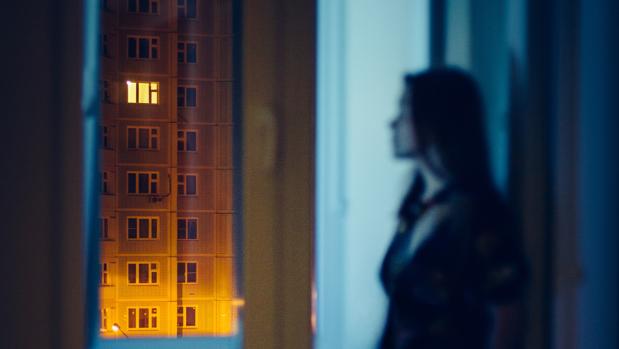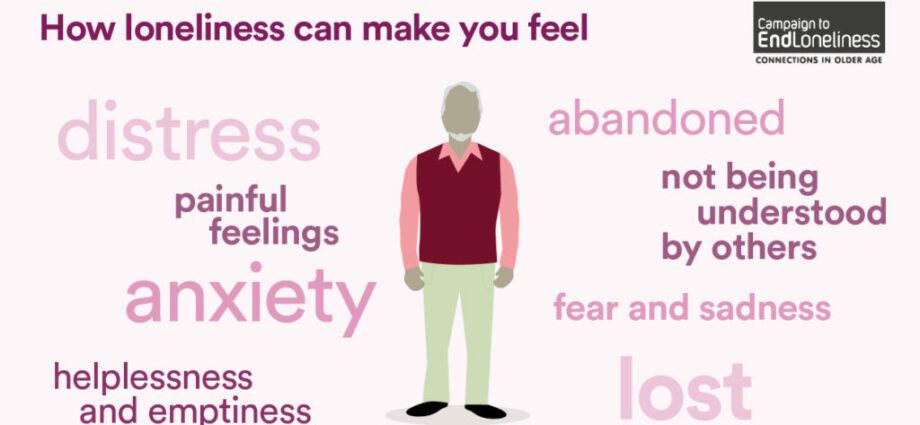Contents
Covid-19
Maintaining a routine, accepting negative emotions and expressing what we feel is key to getting through the days at home

There are times when we have to experience things that seem so far away, so surreal, that we hardly even feel that they are past. Right now we are all going through one of them, collectively. An entire country has secluded itself at home to wait, to help contain, to see how the Covid-19 little by little it begins to mitigate and we can all return to what we already long for and are now beginning to appreciate.
Not being able to leave the house is something much more complicated than it seems. Couples in flats of 50 square meters. Families that have to face those disagreements that they have been avoiding for months – or even years – or people who are going to face the greatest physical loneliness of their lives. We all have a challenge ahead in which responsibility and tranquility must prevail. But it is not always easy. The exorbitant amount of information that we receive at all hours, the inability to express how we feel and the fear of an unusual situation like this requires a lot of effort to cope with them.
The psychologist Miguel Ángel Rizaldos has it clear: the first thing we must do is accept that “we are all going to have a bit of a bad time” and he explains that, during the days that this situation lasts, we will experiencing many negative emotions, but only by feeling and accepting them will we be able to channel them.
Facing fear
Carolina Marín Martín, professor of psychology at the Complutense University of Madrid and founder and coordinator of «Psycast», makes a list of all the feelings and emotions that we may experience during these days, standing out among all uncertainty and fear. “We tend to anticipate what could happen:” I or a loved one is going to get infected “,” they are going to fire me and I will not be able to pay the mortgage “… and this causes fear to invade us”, explains the professional . He also talks about the feeling of frustration at not being able to have freedom of movement; anger at the impossibility of continuing with our life normally; boredom and demotivation, for not being able to follow our routine and being able to establish social relationships.
Even so, he emphasizes that we also find an ambivalence, since being able to work from home, for example, we should not get up so early, or we will have more free time, which gives us the opportunity to encourage creativity, reflect and develop what we have inside.
The teacher points out that during this time that we are living we are going to go through several phases, so that, in a few days, when we go through this “Initial state of shock” It is possible that you experience sadness, as well as emptiness: a feeling of loneliness, of overwhelm, it is not because we are trapped, but because we know that we have the impossibility and the freedom to leave.
“There are no magic recipes”
Rafael San Román, psychologist of the “ifeel” platform urges people who are currently in isolation to relativize the situation as much as possible. I know it sounds like cheap advice, but there are no magic recipes, the only thing we can do is hold on ”, says the professional, who explains that anxiety and the consequences of confinement will appear little by little and we have to try to face them. “We must be fair and understand the real consequences of what is happening, and then regulate our discomfort based on these,” he recommends.
Miguel Ángel Rizaldos highlights the importance of expressing to others what we are feeling at the moment, in such a way that if we experience fear, sadness or uncertainty, we will count it. «The last thing we should do is suppress our feelings, because then we are invalidating something we feel, and taking it out makes others help us, understand and comfort us; It is essential, ”he says.
Carolina Marín Martín explains that, although a priori there are no people with a greater risk of suffering psychologically in these situations, if there are personalities who have more risk factors, such as people with obsessive traits, who do not adapt well to changes, who have a very high level of demand and want to perform the same at work as if they went to the office or, for example, people who use the environment work, a wide network of friends or visits to the gym to avoid spending time at home.
Practical tips for insulation
On a practical level, the experts give us advice to be able to cope in the healthiest way:
– It is important to create a routine. The teacher explains that before behavioral change we need a cognitive, attitude change, and this is achieved by thinking about a routine to follow during these days. “Some will take a few minutes, others a few hours and other days, but the important thing is to establish a routine and follow it,” he explains.
– Miguel Ángel Rizaldos recommends taking advantage of this time to do things we never find time for: reading, writing, learning English, practicing, playing the guitar, painting, watching movies … The list is endless.
– In case of spending these days of isolation in solitude, professionals recommend keep in touch with friends and loved ones. “Not only messages and by phone, also video calls, we need to see faces talking,” recommends Rafael San Román.
– Carolina Marín Martín recommends, in case of being with the family or with the couple spending these days, look for «corners of the house, moments and situations in which we can isolate ourselves», In order to have a moment to breathe, establish our space and find personal leisure.
– The three experts also recommend exercising within the possibilities of our home, a habit full of benefits, especially in circumstances like these.
– Finally, the three praise the benefits of initiatives such as applause on the balconies and urge to greet neighbors through the windows and balconies, to “feel more united.”
Rafael San Román concludes with a message of hope: «If we all do it well, if we we feel we participate, since we are all active subjects who collaborate in stopping the spread if we stay at home, everything will end sooner, we will all help the good development of this crisis.










